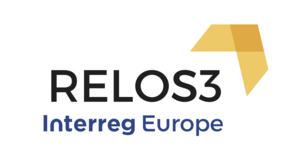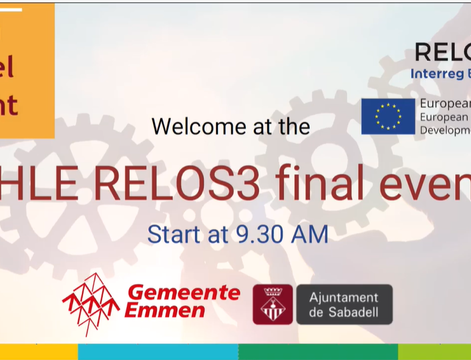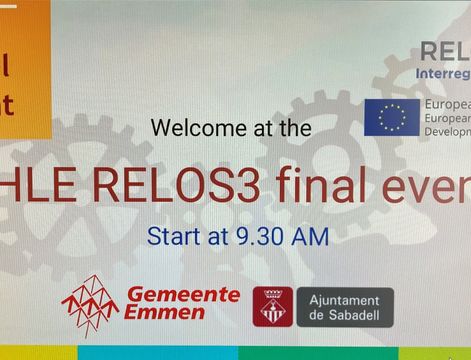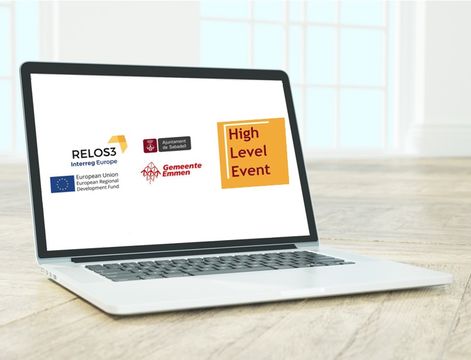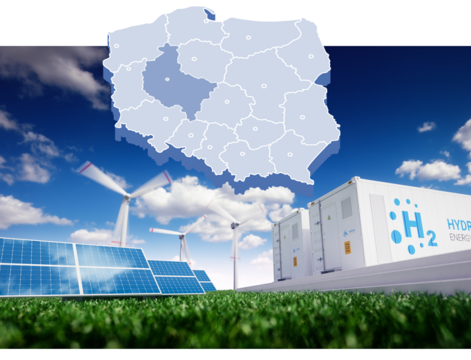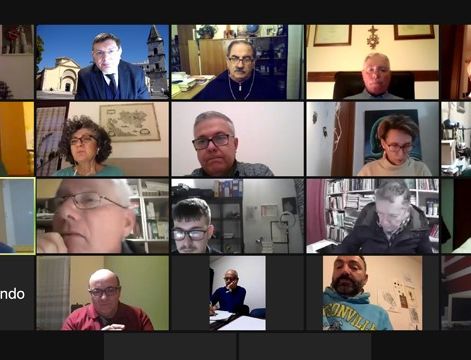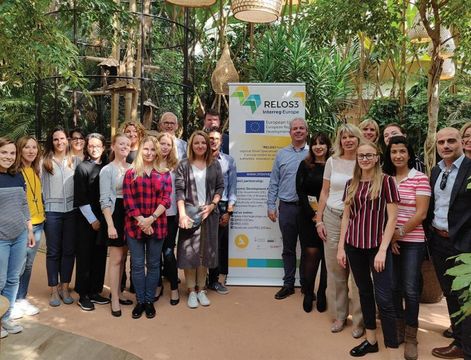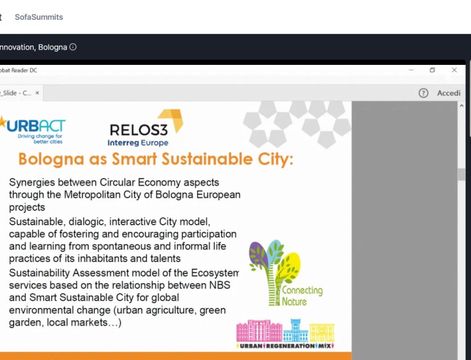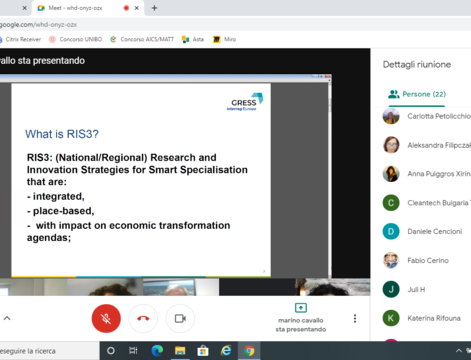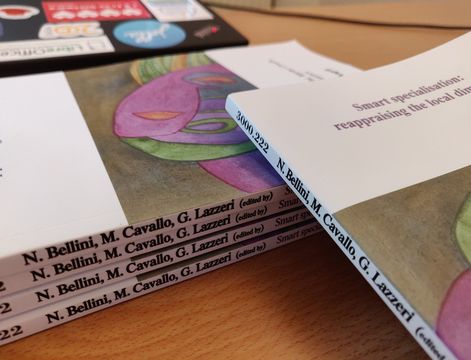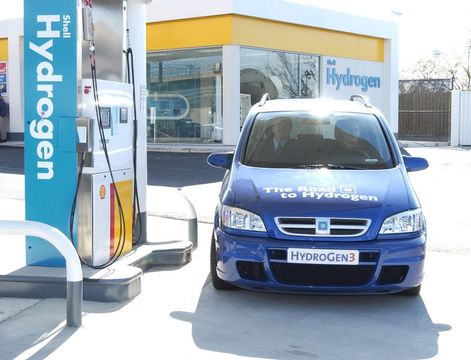Named as the ‘most digitally advanced society on the planet’ by Wired Magazine, Estonia has paved the way for other countries around the world to join the digital age, through its successful digitalisation of 99% of public services. This was achieved by the e-Estonia initiative, launched in 1997 through collaborative efforts between the Estonian government and Enterprise Estonia.
Undisputedly, Estonia is the EU's leader in digital public services. However, according to the EU's yearly DESI index (Digital Economy and Society Index), Estonia (ranked 8th in 2019) still has some work to do on the digital economy.
The integration of digital technology in our enterprises is below EU's average (16th place in 2019). Only about 20% of Estonia's companies are highly digitised, whereas more than 40% scored very low in digitalisation.
We are constantly developing strategies and taking real actions to gradually change that. According to the ABB and The Economist study conducted in 2017, Estonia scored 6th place for automation readiness in manufacturing industries among the 25 countries selected from the world. The high score comes from our education system, innovation and labour environment.
So where is the problem then? Estonia has smart people, there is the expertise, but a smart industry is needed as well. This is where Industry 4.0 and city of Tartu appear.
Making our manufacturing industry smart is a priority in Estonia overall (18% of the 600 000 jobs are allocated in the manufacturing sector). The government has just recently created national measures to support bigger manufacturing companies.
However, RELOS3 partner Tartu City Government sees that in order to make the shift in the mindset of the people, we need to focus more on the grassroots level. Therefore, micro and small companies need to up their game and digitalise and automate their manufacturing or supporting activities.

Starting from March 2019, Tartu launched a digitalisation voucher scheme for manufacturing companies in Tartu. So far, it supplied around € 40.000 of public grants to manufacturing SMEs based in Tartu city and county. No less than seven companies could develop their warehouse management systems, quality control procedures, customer relationship management and other services that needed to be digitalised.
However, giving financial support is not the only way to help our companies thrive. Another important aspect for smaller regions to be economically successful is to fully use its strengths and connections. This is why promoting B2S and B2B collaboration is so important. In order to encourage this, Tartu organises co-operational and inspirational event series like the Smart Thursdays (Nutikas Neljapäev - NN) and Idea Tuesdays (Ideede Teisipäev) in collaboration with Tartu Science Park, Tartu Business Advisory Services and Tartu's universities.
The Smart Thursdays bring together scientists and businesses to discuss about possible solutions to actual challenges that companies are facing. For example, how to make best use of big data; how can businesses and consumers benefit from new product packaging regulations, etc.
Idea Tuesdays enable business people across different sectors to get together, share ideas, best practices, discuss about the economy in Estonia, and abroad, what might be the next trends and opportunities. Each Idea Tuesday event is starting with a specialist opening a door into its world and sharing its story.

Both of these events have been very well received and it is hoped that this good initiative will be continued as long as needed.
Yet, sometimes encouragement and inspiration is something that will help companies see the bigger picture and learn even more. Tartu therefore encourages entrepreneurs to learn from others' good practices, to seek cooperation here and abroad and to keep up to date with the latest developments by organising site visits to companies and by supporting the participation in specialised events.
For example, the study visits for our entrepreneurs so far have included companies across different sectors (food, wood, metal, ICT), including Cleveron, whose robotic parcel solutions are used all over Europe and in the USA; Pipelife, who is one of the world's leading suppliers of plastic pipe systems; but also Hekotek and Estanc. All companies provide their solutions all over the world, from the USA to Chile to the far-far corners of Russia.
International cooperation possibilities have been promoted by enabling our manufacturing companies to participate in the Industry 4.0 conference in Tallinn this May and organizing the RELOS3 partners' visit in June.
This article was written by Alo Lilles who also supplied illustrations, along with additional material from Joanna Jõhvikas.
